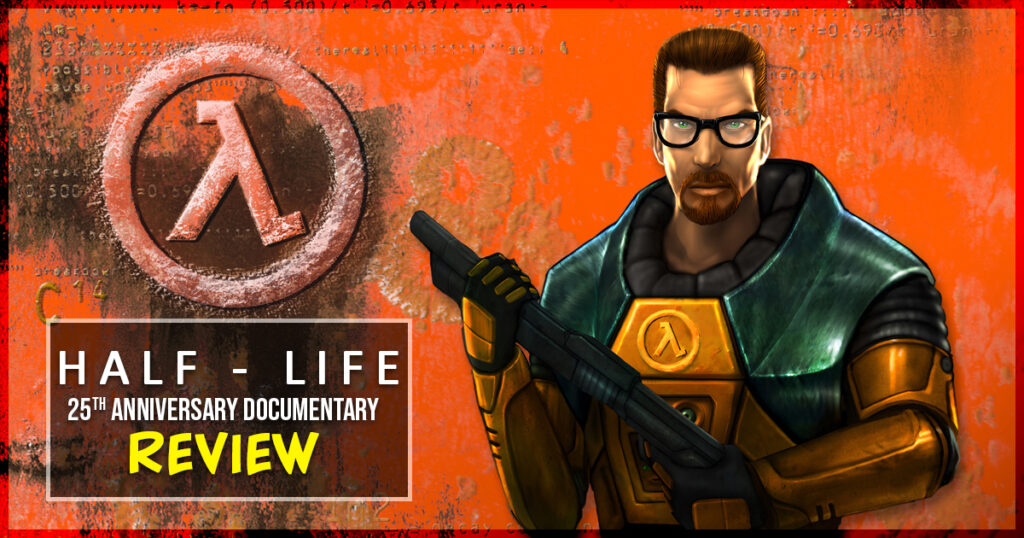oudCryptocurrency has been on the rise in the past few years. With the introduction of Bitcoin and Ethereum, many people are turning to this interesting new currency to get rich quickly. However, with the latest trends and technology, whether AI or cryptocurrency, there’s always a gray area regarding moral standards for this new tool. New things popping up in the marketplace and catching the public’s attention pushes lawmakers to deem regulations for this new tool before unsavory characters dig their claws to make a quick buck for themselves. Thus, this brings us to the subject of the recent Netflix true-crime documentary Bitconned.
Directed by Bryan Storkel (who also brought The Pez Outlaw, another true “crime” doc), Bitconned is a tale about the rise of nefarious characters but also a cautionary tale of warning to those who may be at risk of being scammed even today. It’s told through interviews with those who were scammed and did the scamming, too.
The story of Bitconned
Meet Ray Trapani. As much as the documentary is the tale of the scam, it’s also Ray’s story. He’s a Florida man (with all that entails) who always wanted to be a criminal when he was younger. Talk about higher aspirations. Trapani suspected that his grandfather was in the mafia, and we find out his mother recollects seeing suitcases of cash in her childhood. (His grandma strongly disagrees with this.)
When Ray was a young kid, he and his friends would sell oxys in the street. They stole a prescription pad from a kid in their neighborhood and started running a hustle until they got caught, and Ray ratted out his friends.
Ray got off scot-free and started a new business renting luxury cars to Miami’s wealthiest people. Ray was gambling, drinking, taking drugs, making checks out to himself under the company name, and overall living life to the fullest, you could say. Eventually, his business partners found out that he was scamming the company, and things weren’t looking too good for him. Then, one day, his business partner Sam “Sorbee” Sharma talked to him about cryptocurrency and how that was a whole ‘nother ball game. So they decided to get in on the action. Corrupt birds of a feather flock together, it seems.
Bitconned and the idea for a crypto debit card
Sharma thought of an idea – a debit card that allows you to spend all of the crypto you’ve earned. Ray was excited by the opportunity to get into a new and growing market, as it could allow him to pay off his loans and be a part of a legitimate business. They saw that another company (TenX) was already working on this with a fully functioning website. So, did they quit? In proper con man form, they stole the website from them, changed every mention of TenX to CentraTech, added a fake CEO, and launched their company.
They made LinkedIn pages where they claimed to be Harvard graduates and a Slack channel to talk to people who were interested in their product. They launched the company and started to raise money through an initial coin offering (ICO) for a cryptocurrency called Centra. In addition, they claimed that the company was creating a debit card that would allow users to spend Centra and other cryptocurrencies the same way you would spend your own money.
Trapani and Sharma’s website claimed that the debit card would run on the Vis Network and that Bancorp supported them, but that was not true. In 2017, during an ICO boom, these new cryptocurrencies were popping, and they also got endorsements from Floyd Mayweather and DJ Khaled. Eventually, as the company gained more publicity, it also came under intense scrutiny over many details of its operation.
When the Bitconned scam came tumbling down
Especially when it came to their CEO, Michael Edwards, whom nobody had met or spoken to. Trapani claimed that he was their money man who went into the project while they were on the ground floor. So they made him CEO because he’s an investor and a financial savant. However, Edwards suddenly dies in a mysterious car crash and Trapani’s grandfather gets to be the new CEO. Amid all the scrutiny, the NYT interviewed the company’s founders, and the cracks in their foundation came to light.
Soon, the SEC was breathing down their necks, and they were convicted of several crimes, including wire fraud, security fraud, and mail fraud. Trapani cooperated with the Feds and got a slap on the wrist. CFO Robert Farkas only served a year in jail after pleading guilty, and Sharma pled guilty and is still serving his 8-year sentence.
The documentary is flashy, just like the way Trapani lived his life. We are primarily told the story through his lens – he is the vehicle of the story. Since he got off scot-free, he’s recounting his life story to us up until CentraTech. He paints a picture of how he got there and is not ashamed to say he’s a bad guy. It’s smug and almost like he’s bragging. Trapani isn’t proud, but it’s that he feels no shame or remorse for what he’s done. It’s a family trait because you can see in the final interview with his mother she essentially threatens the interviewer if he sets out to make her son look bad.
The documentary never apologizes for Trapani
However, the objective of any documentary is to present the facts and all sides of the situation. If doing so makes your son look like a jerk, he might just be a jerk. It’s disturbing to see someone who has only worked hard when it comes to feeding his own self-interest. He is not looking to build something of his own but is more than willing to take from others and live off of their hard work.
Bitconned does a good job of not letting Trapani get off scot-free as he has for most of his life. It clearly shows the audience the times when he’s lying, and the interviewers even catch him and call him out for his lies. They call him out on his bull, and he’s not afraid to admit he’s not a good guy. Storkel and the documentarians don’t handle the situation with kid gloves; they call it like they see it.
Bitcoin is something that’s still new, and Bitconned was an interesting take on this sordid world. The story would have a more satisfying ending if Trapani faced the consequences of his actions. Instead, at the end of the documentary, he’s celebrating getting off scot-free and rushes to the hospital to hug his daughter. There’s still speculation about where all of the money went in terms of CentraTech since Trapani bought a million-dollar house after his day in court. At the end of the documentary, there was a note that Sharma plans to tell his side of the story, but we’ll have to wait and see.
A deeper message to Bitconned
It was a good documentary. However, I don’t find Trapani charming at all. I found him to be a snake in the garden. I have learned in the past two years of seeing people being duped by pump-and-dump scams to be careful who you listen to. Many people enter crypto space, promising to take you to the moon and help you achieve your dreams. More likely than not, they hope to squeeze whatever money they can out of you to pay for their new Lamborghini, new house on the beach, or get another exotic animal that shouldn’t be living in a cage in their backyard.
With influencers and celebrities facing serious consequences for lying to their followers about promises of making them rich off of crypto, you must be mindful of who you trust. Many people will peddle a new coin every other week, and the most likely outcome is that they will take your money and face no consequences. Bitconned is a perfect example of how rich people will swindle you and never pay the price.
Bitconned is now streaming on Netflix.
What do you think of the documentary Bitconned? Does it make you look at Bitcoin differently? Let us know by connecting with us on X @MoviesWeTexted.
You might also like…
 Review: ‘Half-Life: 25th Anniversary Documentary’ is worth your click
Review: ‘Half-Life: 25th Anniversary Documentary’ is worth your click

